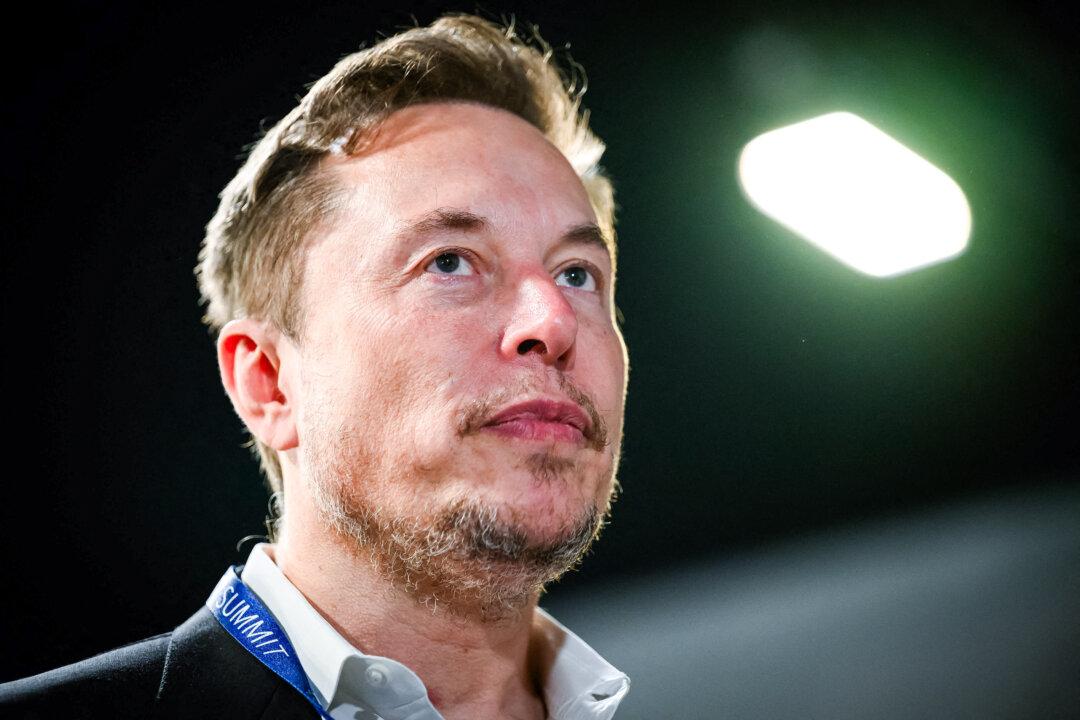A federal judge has ordered the unsealing of a previously redacted shareholder list for the parent company of Elon Musk’s X Corp., shedding light on the entities and individuals who backed Musk’s $44 billion takeover of the social media giant formerly known as Twitter.
Judge Orders Unsealing of Elon Musk’s X Corp.’s Shareholder List, Revealing Significant Backers
The unsealing revealed influential backers behind Musk’s Twitter acquisition.

X Corp. CEO Elon Musk during the UK Artificial Intelligence Safety Summit at Bletchley Park, in central England, on Nov. 1, 2023. Leon Neal/AFP via Getty Images




